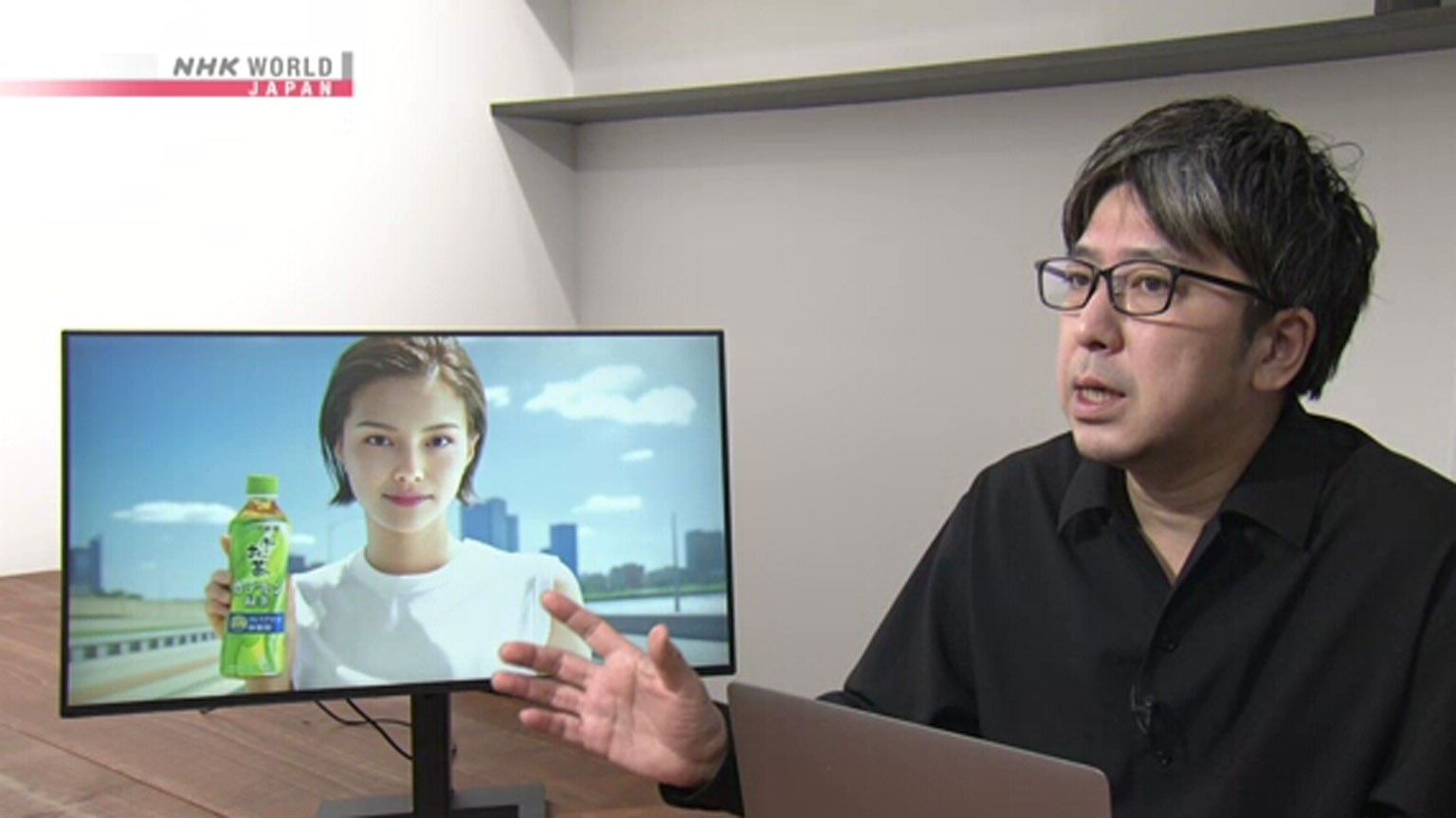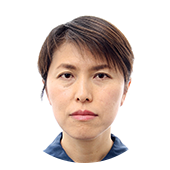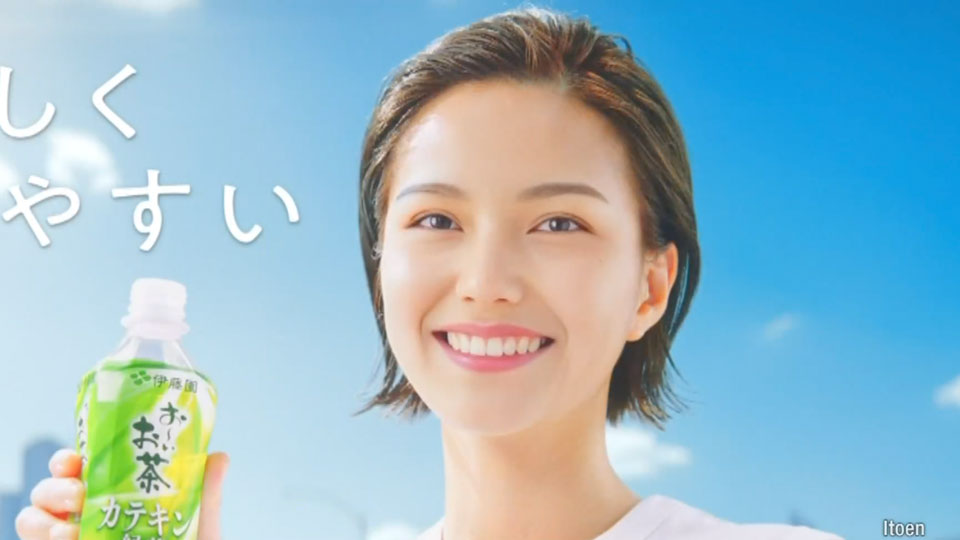
Beverage giant Itoen wants consumers to associate its green tea product with a healthy future.
"To achieve that purpose, we tried to show the same character's appearance right now, and 30 years later. We thought that AI would be the best way to do this," says company marketing official Kamijo Yusuke.
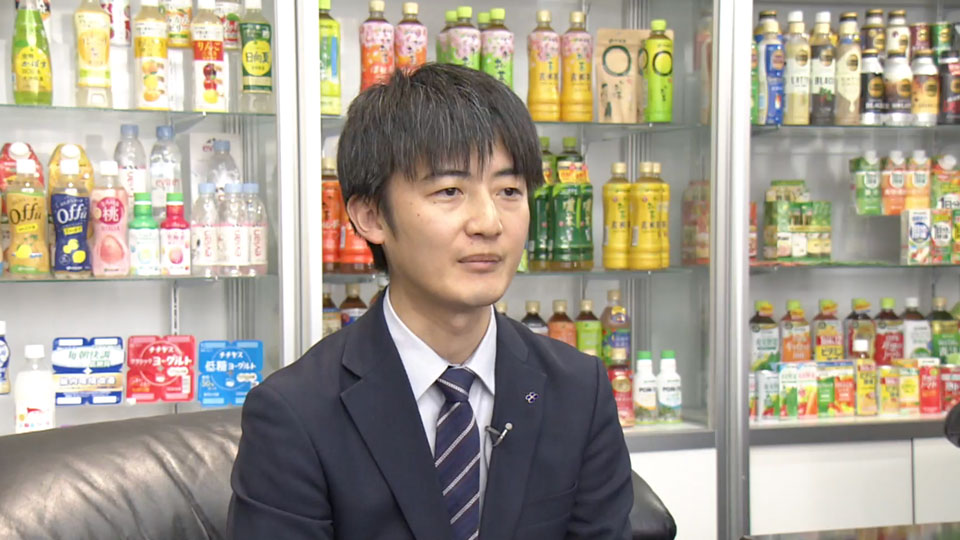
The character came to life through the work of Nakayama Yuki, chief technology officer at a start-up called AI Model.
"Hundreds of inquiries have been pouring in from various companies since the commercial aired. We're surprised by the reaction," he says.
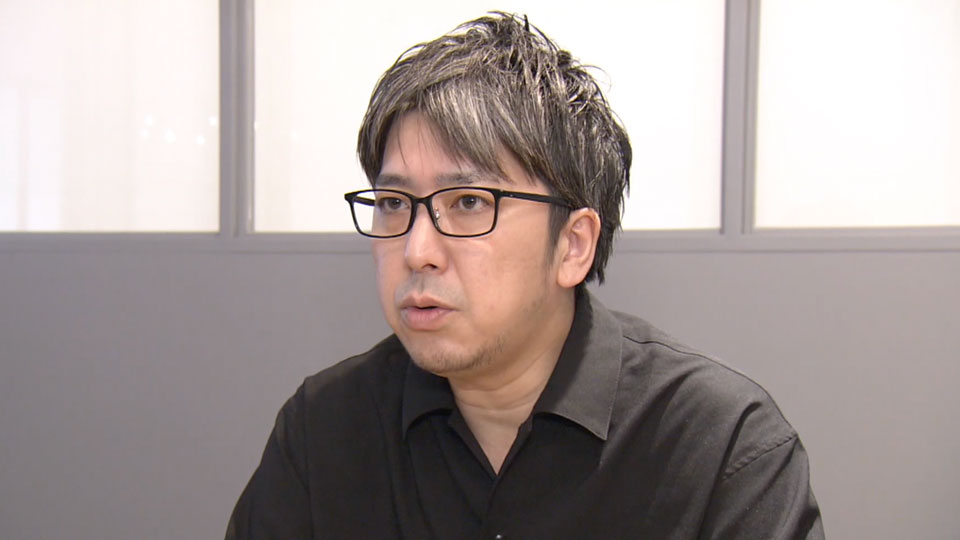
Nakayama used a proprietary generative AI system to create thousands of faces. He looked for the right eyes, eyebrows, and other facial features, including a mole. In the end, he narrowed it down to 200 for the client to choose from.
Nakayama says generative AI tends to make faces appear stern when they age, so for this project, the final version required adjustments finely tuned by human hands. He says the start-up only uses data with proper copyright clearance.
"The merit of using AI-generated characters is to express something that humans can't, and to show greater creativity. I think generative AI is a tool that excels in widening the scope of our art. I think human models and AI models serve different purposes," he says.
The ad market using AI-generated models is growing.
Commercial property developer Parco is using the cutting-edge tech not only for models. A recent promotion features images, music and narration generated through AI.
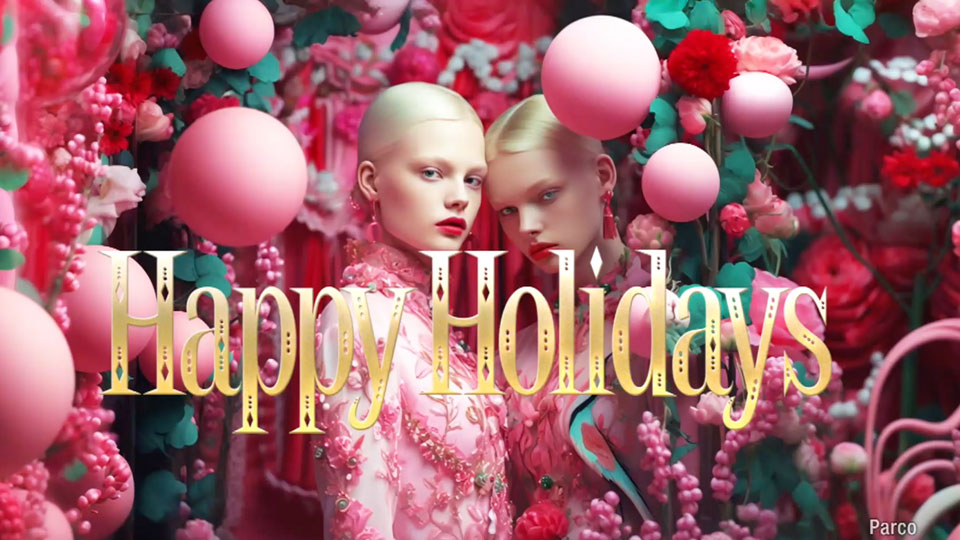
Studio Dog's Kinomura Miho, the creative director behind the Parco advertisement, explains that, when inputting prompts into generative AI software, it requires detailed instructions about the model's figure, fashion, and lighting. She says even subtle nuances in the wording can cause the resulting image to change.
As a result, the AI prompt director undertook hundreds of trials, expending about ten times the effort required for real-model shooting, she says. The creative process took more than six months, more time than required for a regular commercial.
"I thought the generative-AI showed astonishing visuals beyond our imagination, such as the background images. At the same time, through this production, I realized that it requires the high competence of creators to wield it effectively," notes Kinomura.
Artists sound the alarm
The rapid evolution of AI applications is alarming artists. Actor Morisaki Megumi heads Arts Workers Japan Association, a group that represents more than 52,000 freelancers.
"Emergence of AI-generated models is really shocking," she says. "It may affect not only human models but also stylists, lighting staff and many types of jobs related to the creation of ads. If this spreads, we could face a crisis…ending up with fewer jobs."
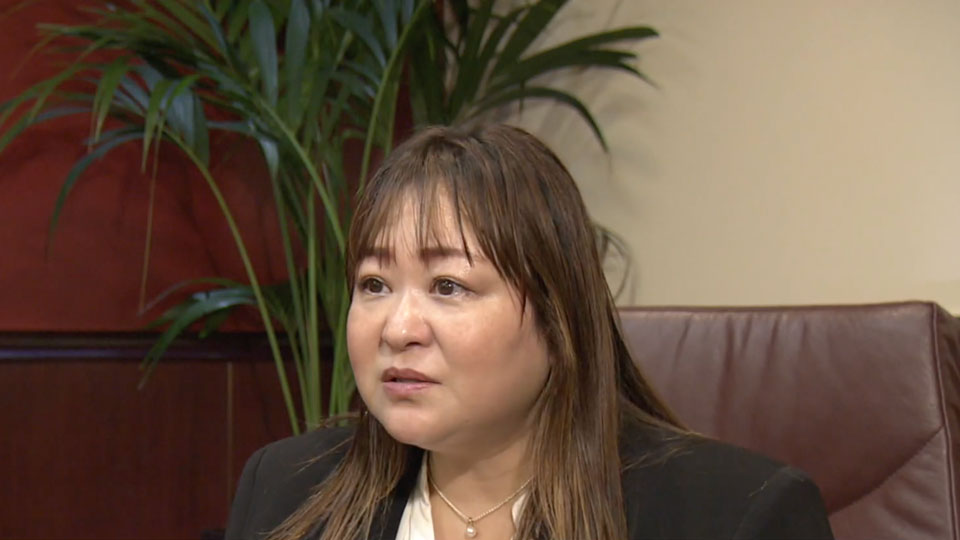
Nearly 60 percent of respondents to a survey of the association's members share those concerns.
They are also worried about violations of members' rights . Morisaki has discovered that her portrait photos are being used to train AI.
She adds that in Japan, performers often work without signing a contract, or sign one that gives away all of their rights. Morisaki says artists are already in a weak position and the latest developments only add to their woes.
Lawyer notes few legal protections
Ueda Aoi, a lawyer who specializes in issues related to AI and the entertainment industry, says artists have few legal protections.
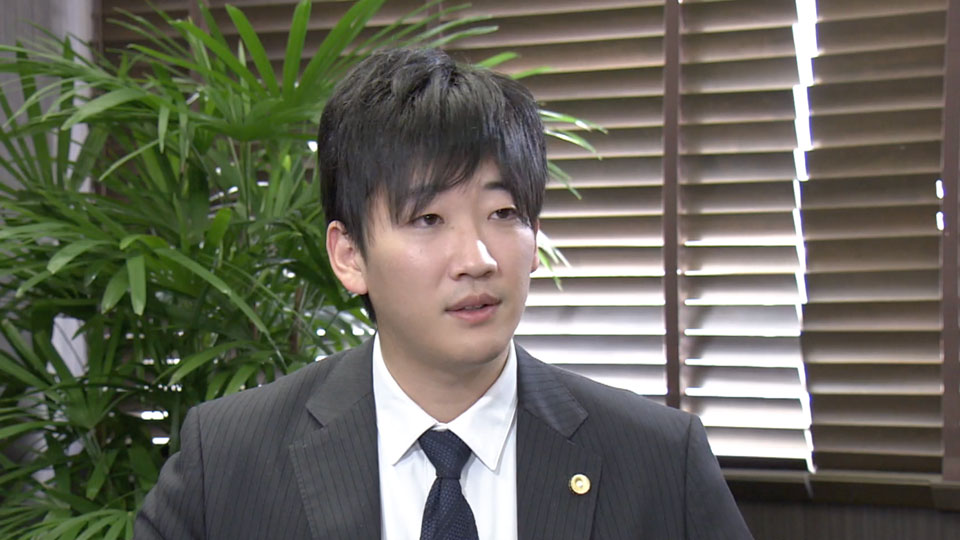
"Prominent performers might not be affected, but the lesser-known ones may be more susceptible. Only humans can truly create something from nothing.
"AI has to use people's data to make art, so it's necessary for the government to introduce policies that value humans. It is also vital to stipulate that rights such as portrait rights are clearly stated in the law and that it is to pay appropriate amount of money for any use of their images," he notes.
As the use of generative AI increases, the challenge will be shaping a future where the real and artificial coexist for everyone's benefit.
